There is a lot of confusion about what a plant based diet is, and what food it includes. People ask: is a “plant based diet” primarily plants and some animal proteins, or all plants.
There isn’t a centralized page or official organization to find a definition; therefore, we have to look to where and how the term originated, and how it is used by the most influential members of the way of eating and the media that surrounds them. For example, the Vegan Society created the word vegan and manages an official definition for the word (defining a lifestyle and philosophy). The Atkins diet had a doctor and organization in charge of definiing that specific diet. However, “plant based” does not have a similar origin story.
In this article we provide our definition of plant-based diet based on the most common usage of the term. We examine the history of the term, and how it is used by leading medical professionals recommending this way of eating, leading organizations such as Vegan Society, and even hospitals in their official nutrition guides such as Kaiser Permanente.
I also submit a proposal about why using the word “plant based” to mean 100% plant consumption is important to the vegan lifestyle and philosophy.
Is there a universal definition of plant based? Does it mean vegan?
No, there is no universal definition of the term “plant based”. We need to do our best to refer to the founders of this way of eating, and those who knowledgeably lead it today. And we should also listen to common sense. More on that below.
A plant-based diet is not veganism, and a plant-based diet is not vegetarian. This diet has a long history of its own as a way of eating around the world, for a very long time. Much longer than some of the actual “fad” diets you’ll find out there today. For many, perhaps most, following this way of eating, plant-based is not a fad or propaganda. It just means eating plants for sustaining life and health.
Our definition of a plant-based diet
This site’s definition of a plant-based diet (how we use it on this website and any supplemental resources we write or create) follows:
A plant based diet includes vegetables, fruit, grains, tubers, seeds, nuts, lentils, and legumes that are predominately whole and unprocessed. The diet doesn’t include any animal products/proteins, such as meat, fish, poultry, dairy, eggs, or honey. This diet is commonly consumed for its health benefits or environmental concerns. This diet is not based on ethics or any philosophical beliefs.
We define the plant-based diet this way because:
- The researcher who first used the term “plant based” in his studies excludes animal proteins from a plant-based diet. See more below, and this article.
- Most leading (influential) doctors, organizations, and documentaries in the space exclude animal proteins.
- We already have terminology for a diet that minimizes or reduces animal proteins (for example, flexitarian).
- It is critical to have a term for a diet that excludes animal protein but does not participate in ethics so the terminology “vegan” does not get utilized by non-vegans (thus diminishing the advocacy movement).
Fairly common sense, I hope.
“I eat plant-based. Does it mean I’m vegan?”
No. Veganism is an ethics-based philosophy or creed, and excludes the use of animal products from all parts of your life to the greatest extent possible. Therefore, it means you stop buying animal products that are used in clothing, manufacturing, testing, and more. A plant based diet is limited exclusively to what you eat. For the official definition of veganism, refer to The Vegan Society (who created the word in the 1940s).
Vegans eat a plant-based diet, but someone eating a plant-based diet is not a vegan unless they also follow the ethical lifestyle (which extends past the diet to excluding the commodification of animals from all parts of life, to the greatest extent possible). We cover the difference between plant-based and vegan in a separate article.
I am a (ethical) vegan and if asked sometimes say that I eat a plant-based diet and am vegan. A vegan will always eat a plant based diet; However, someone can eat a plant-based diet and not be vegan.
Why does it matter? Why should it matter to vegans?
This topic comes up regularly in some online communities. There is confusion about whether a plant based diet includes animal protein, and about whether the phrase even matters.
It does matter, and here’s why:
If we do not have any terminology for a diet that excludes animal protein entirely that does NOT include ethics… what do all of those people refer to their diet as? If there is no clear term to call someone who eats 100% and does not consume animal protein, these people will start using the word “vegan” to refer to themselves incorrectly.
It’s important that we already have clear terms for a diet that seeks to include more vegetables and less animal protein: flexitarian or reducetarian. We do not have another term for someone who eats plants only but is not vegan.

History of the term plant based and plant based diet
T. Colin Campbell, PhD, is responsible for creating the term “plant-based” in 1980 to differentiate the diet from ethics in his research. (Source: “History of the term Whole Food, Plant based”). He made the term to use in research about the diet at the National Institute of Health in order to differentiate it from a diet based that has an “ethical or philosophical” basis. Campbell defines a plant-based diet to have no animal protein (see the following section for more details).
Dr. Campbell is the author of the well known book The China Study based on his research about plant-based nutrition.
Definition of plant based according to various doctors and medical professionals
The following doctors are the main actors in the plant based diet movement. They are regularly featured in documentaries, books, articles and interviews about the plant based way of eating. All of these doctors seem to exclude animal protein from the plant-based diet.
- T. Colin Campbell and Thomas Campbell, M.D.: The website’s list for the “whole food plant based diet” say to completely avoid meat, dairy, and eggs. (Source)
- Caldwell B. Esselstyn, Jr., M.D.: “Here are the rules of my program in their simplest form: You may not eat anything with a mother or a face (no meat, poultry, or fish). You cannot eat dairy products.” Excerpt from Prevent and Reverse Heart Disease, chapter 1. Contains references to both “plant based diet” and “plant based nutrition”.
- John McDougall, M.D.: “A diet of plant foods, including whole grains and whole-grain products (such as pasta, tortillas, and whole-grain bread), and a wide assortment of vegetables and fruit….The exclusion of animal foods, including red meat, poultry, dairy products, eggs, and fish”. Note that he often refers to this as starchitarian or starchivore. Source: McDougall Program
- Garth Davis, M.D.: “a diet composed of fresh, whole fruits and vegetables, along with nuts, seeds, beans, and grains.” (Source)
- Neal Barnard, M.D.: “plant-based diets have been shown to powerfully support health by…Trimming Cholesterol: Plant-based foods contain no cholesterol and very little saturated fat.” Note: this would be free of animal protein due to the mention of being cholestrol free.
- Robert J Ostfeld, cardiologist: A plant-based diet consists of all minimally processed fruits, vegetables, whole grains, legumes, nuts and seeds, herbs, and spices and excludes all animal products, including red meat, poultry, fish, eggs, and dairy products. (Source: “Definition of a plant-based diet”, Journal of Geriatric Cardiology)
- Joel Kahn, M.D., FACC: “adopting a plant based diet, what some call a vegan diet, is the best decision you can make” (Source). This seems to infer that a vegan and plant based diet are the same foods, and in this case it would then exclude all animal proteins.
Do all other doctors and researchers define plant-based the same way?
No they do not all define plant-based the same way. Many doctors and researchers do not provide any clear definition at all one way or the other, even in their research, and make what they mean by the diet quite hard to tell.
While knowing what the following doctors advise eating (plants without animal proteins, or vegan diets), I still did not locate a clear definition from the doctors such as Michael Greger, Michael Klaper, or Jeff Novick (RD) among others. However it’s likely many of those doctors would define a plant based diet as one without animal proteins, as they all advise not eating them. Let’s look at a couple examples.
Dr. Klaper
Klaper promotes a “whole food, plant-based diet” as proper nutrition, and his advice excludes animal protein. He has referred to himself regularly as vegan on his website, in publications, and in videos and interviews. However, I could not find a clear definition on his site or quotes (although I could have easily missed a reference).
Dr. Greger
Greger does speak about the definition for plant-based in his book, How Not to Die, however does stop short of actually writing a solid definition. He references Kaiser Permanente’s definition below, and also references “the traditional Okinawan diet, which is 96 percent plant-based” (inferring that a percentage is attached to a non-entire plant-based diet). However, Greger generally speaks about not requiring perfection due to this way of eating being a diet and not an ethical philosophy. Make of that what you will. I would interpret the passage as saying a whole food plant based diet excludes animal products, provided that Greger considers them to be “cheats” on the diet, whist okay if “necessary”.
Other doctors
The websites published by other doctors do not provide clear guidance regarding animal proteins (simply ask patients to eat more plants for health). Many doctors do not like to tell patients what not to eat or what to avoid, like Dr. Greger above. They specifically avoid saying “no”. I think that is possibly one of reasons we do not see a clear definition of whether animal proteins are eaten as part of a plant-based diet.
Definition of plant based in journal articles
There is a variety of definitions used in journal articles. This detailed article analyzed nearly 900 journal articles that made a reference to a plant-based diet or nutrition. They found that a very large percentage of papers referred to a plant-based diet without referring to what that actually means.
That is a stunning parallel to what I found trying to write this particular article: many of the doctors, researchers, scientists, media, and large organizations involved in the “whole foods plant based” space do not reference what they actually mean when advising this way of eating! I could not even find specific “do not eat” lists of food on their respective websites.
The remainder of the article looks at individual cases like the media, however I do not find those sources particularly relevant. Journalists are not experts in this space (nutrition or plant-based diets), and may have not taken a close look on what the terminology actually means in common usage or by leading experts in the space.
Definition of plant based according to other organizations
The following quotes provide definitions for a plant based diet from leading institutions and organizations.
- Cornell University: “a whole-foods, plant-based diet includes only unrefined plant foods and excludes all animal foods and refined plant fragments.” (Source)
- Kaiser Permanente: “This eating plan includes lots of plant foods in their whole, unprocessed form, such as vegetables, fruits, beans, lentils, nuts, seeds, whole grains, and small amounts of healthy fats. It does not include animal products, such as meat, poultry, fish, dairy, and eggs. It also does not include processed foods or sweets.” (Source: The Plant Based Diet)
- The Vegan Society: “Yet one thing all vegans have in common is a plant-based diet avoiding all animal foods such as meat (including fish, shellfish and insects), dairy, eggs and honey” Source: Vegan Society “Definition of veganism”
- TrueNorth Health Center: “eat a plant-based diet derived exclusively from whole natural foods, and avoid meat, fish, fowl, eggs, and dairy products, as well as added oil, salt and sugar, and most processed foods. Of course, there is considerable variation in how different individuals approach the specifics of diet, but the guiding principles remain the same.” (Source)
- Cleveland Clinic: “These vegan-like diets eliminate all animal products, including meat, poultry, fish, eggs, dairy and honey. Everything you eat — including whole grains, fruits, vegetables, legumes, nuts and seeds — is derived from plants.” (Contributors, source: Is a Plant-Based Diet Right for You?)
- Physicians Committee for Responsible Medicine (PCRM): “A plant-based diet, rich in fruits, vegetables, whole grains, and legumes is full of fiber, rich in vitamins and minerals, free of cholesterol, and low in calories and saturated fat.” Source: Plant Based Diets on PCRM.com Note: this would be free of animal protein due to the mention of being cholestrol free.
Of course there are other organizations that use the phrase in different ways. However, the above organizations and institutions are leaders in the plant-based and vegan space and are most current and knowledgeable regarding what this diet means in the common, professional usage, and research.
What about books and documentaries?
Many of the doctors and organizations listed above are involved in documentaries about this subject, and have written books on the topic as well. Popular books such as Forks Over Knives, The China Study, How Not to Die, The Starch Solution, How not to Diet, How to Prevent and Reverse Heart Disease and more are written by the doctors noted above who all advise not eating animal proteins (or clearly define a plant based diet as one that does not include them).
Similarly, popular documentaries have also taken this stance. The Game Changers, What The Health, Forks over Knives, Vegucated and more speak of and recommend a plant-based or even vegan diet (or use those terms interchangeably) – thus suggesting no animal proteins.
Tip: For more documentaries, see our documentary guide here.
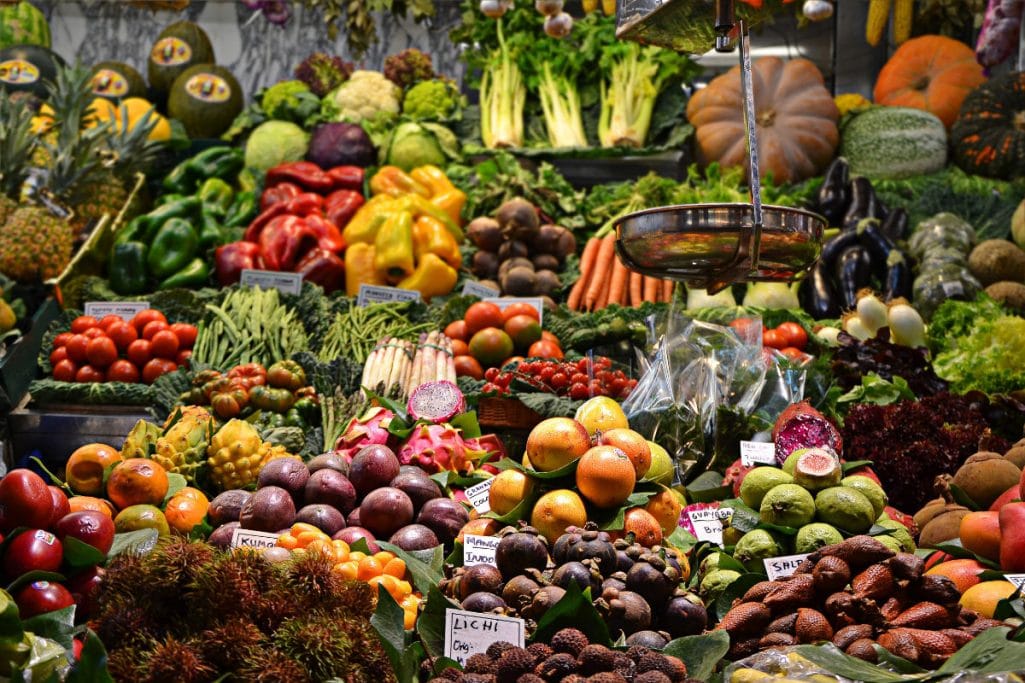
Mostly plants?
There is no formal definition of “plant based” because it didn’t start as someone’s diet brand or similar. So, as with any terminology that is in this kind of space, people can use it however they wish. You will get individuals – even ones on respected sites – using it however they want. As you can see above, “plant based” means no animal protein / products to leading experts in this space – the ones who are the ones who are leaders when it comes to this diet.
So no, you do not eat animals if you are following a plant based diet. According to most of the leading experts in this space. However, are there definitions that are more vague? Of course. Here are some of them:
Wikipedia
Wikipedia can be edited by anyone, and has the definition written as: “A plant-based diet is a diet consisting mostly or entirely of foods derived from plants, including vegetables, grains, nuts, seeds, legumes and fruits, and with few or no animal products. A plant based-diet is not necessarily vegetarian.” However, it goes on to say “The use of the phrase plant-based has changed over time, and examples can be found of the phrase “plant-based diet” being used to refer to vegan diets, which contain no food from animal sources…” This is not a quality source of information, but it is worth noting due to its prominence online.
The Academy of Nutrition and Dietetics
“a plant-based diet emphasizes vegetables, fruits, legumes, and whole grains. These foods are good sources of protein, carbohydrates, fat, vitamins, and minerals. They are also naturally lower in calories than foods made from animals. Colorful plant foods are also good sources of phytochemicals. Phytochemicals are naturally present in plant foods, and they can help to protect our body’s cells from damage by cancer-causing agents. They also help support overall health. Eating a plant-based diet does not mean that you have to become a vegetarian; it just means that you should try to select most of your foods from plant sources.”
Dr. David Katz
Dr. Katz has talked about a “plant-predominant diets” and has used it interchangeably (or has been quoted inconsistenly) with plant based diets, and said they “are good for the environment, your heart, your weight and your overall health… an approach that emphasizes minimally processed foods from plants, with modest amounts of fish, lean meat and low-fat dairy, and red meat only sparingly.”
And various studies published in journals may have their own definitions for what they are considering a plant-based diet to represent. Carefully examine journal articles for definitions or details about the research performed.
What about whole food, as in Whole Food Plant Based Diet?
Unless following a plant based diet for ethical reasons (vegan), most people partaking in a plant based diet are doing it for health – because most people following a diet are doing so for health considerations. We will define veganism, whole foods, and processed vs highly-processed foods in a separate article.
Share this article about the definition of plant-based diet
Do you have friends who are not sure what a plant-based diet is? Encountering people online who think it’s a flexitarian diet, virtue signaling, or not serious? Feel free to share this article so they can understand the history of this way of eating, and how serious its foundation and leading experts are.
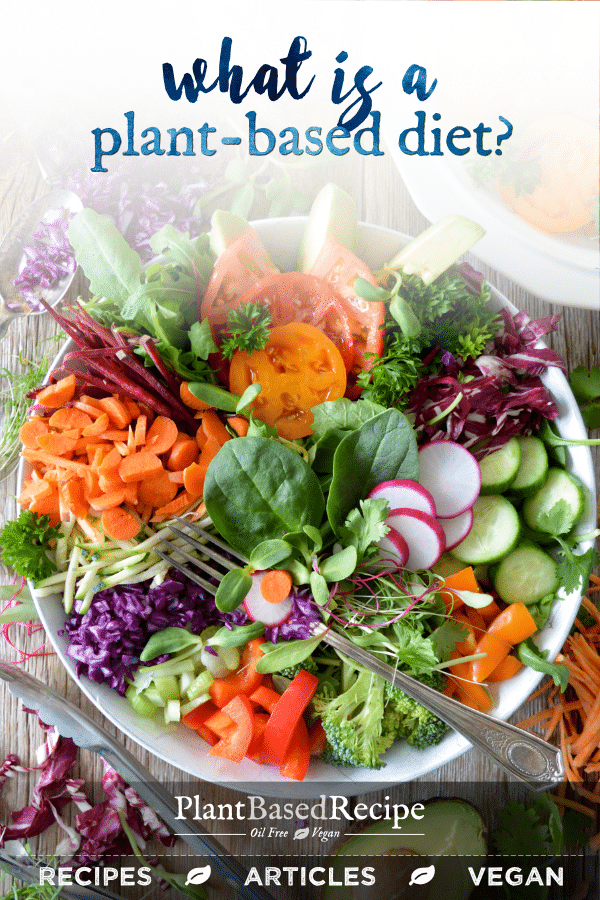
Help keep the intros short! Support this site
I don't like those long introductions that have little to do with the recipe and contain 15 versions of the same photo. You know the ones. Do you like them? Maybe not? Many writers add them to help with their search engine rankings, but I simply don't believe in them. I like getting to the point, and reckon you're mostly here for the recipes or articles and not my personal life. This site suffers as a result. Fewer ads, and search engines don't favor the site. And the site takes money and a lot of labor to write, photograph, edit, and maintain.
But you can help! Support this site with a small token of your support on any of the following sites. They are secure and safe, and take just a second. It helps keep these recipes coming, and helps me make sense of what I'm doing with my life!
You can donate to keep this site up and running, and oil free vegan recipes coming your way! Choose from a few easy and safe ways to help:
THANK YOU!
- Pad Thai Protein Salad recipe from The Plant-Based Cookbook + Book Review and Giveaway! - December 9, 2020
- Lemon ginger bowl sauce with miso recipe (Oil free, no added sodium) - November 30, 2020
- New vegan bacon at Whole Foods Market – 300 store roll-out - November 15, 2020


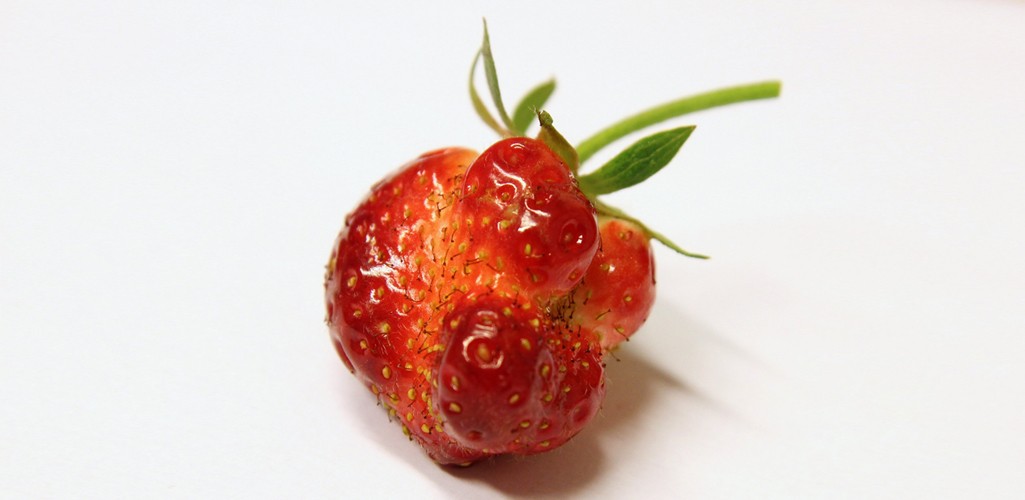
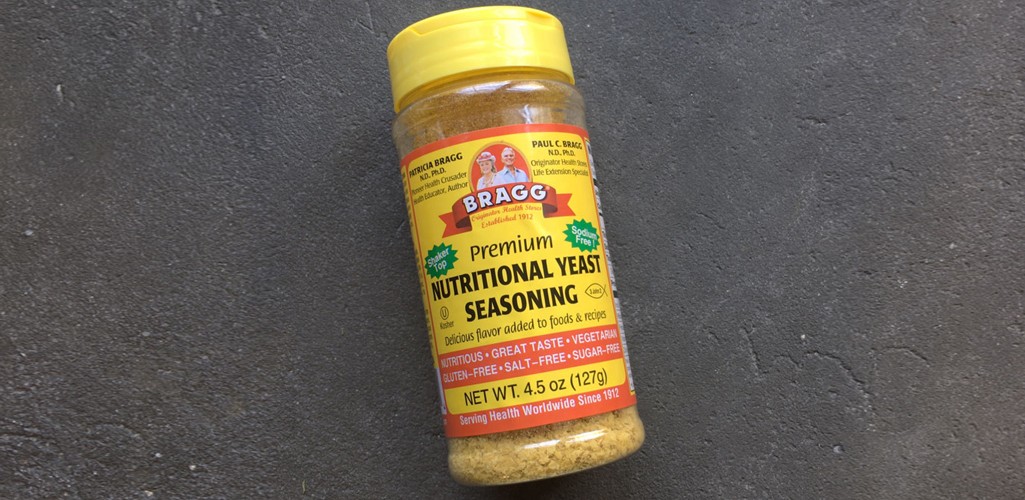
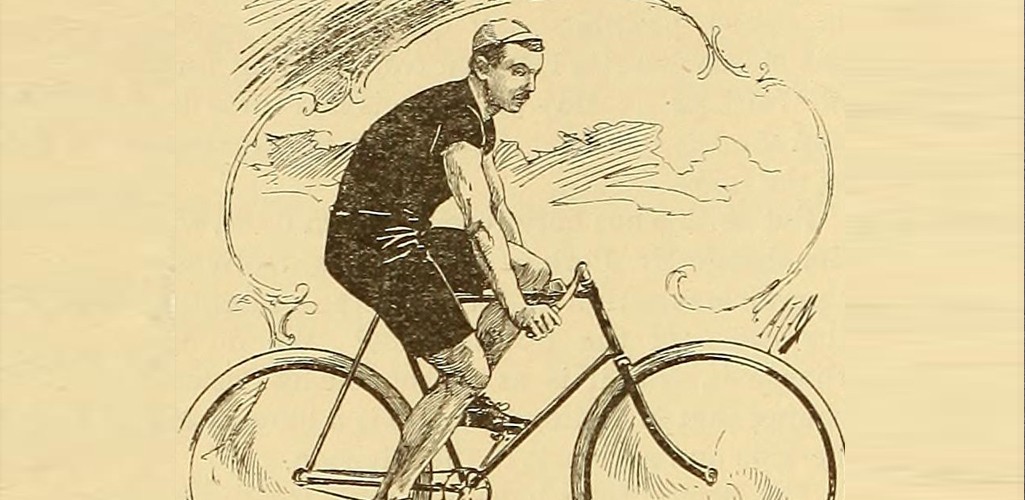

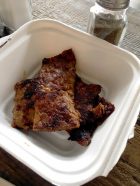
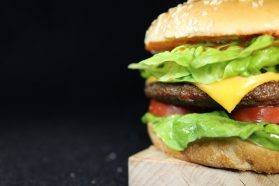
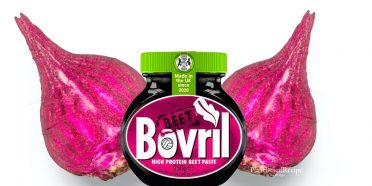


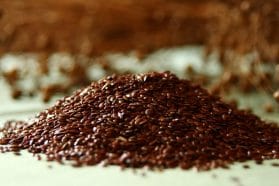
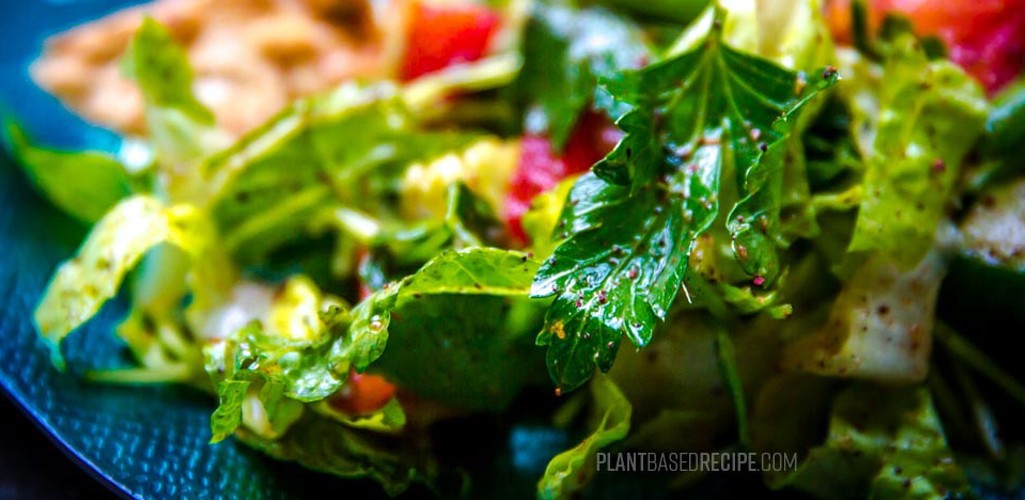


Brian
Great article, I’ve been vegetarian for decades and it was very enlightening to read your thoughts. I fall under the heading “plant based” but for my food company I use “vegan” to describe the food. Actually my food is “raw” but so few people know what that means. So when asked are you vegan I now have a more complete answer for them and myself.
Thank you.
Jen @ Plant Based Recipe
My pleasure! And I’m so happy that you found the article useful. I definitely notice that most food companies use vegan to describe their product around our area too – a much more solid/universal description for what the ingredients are.